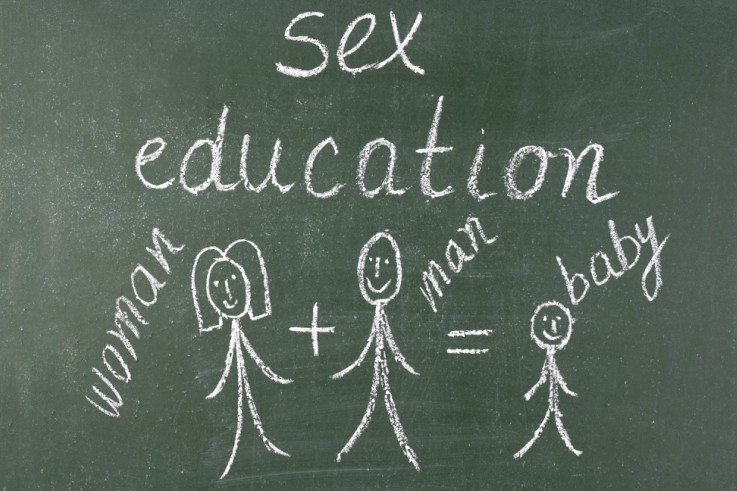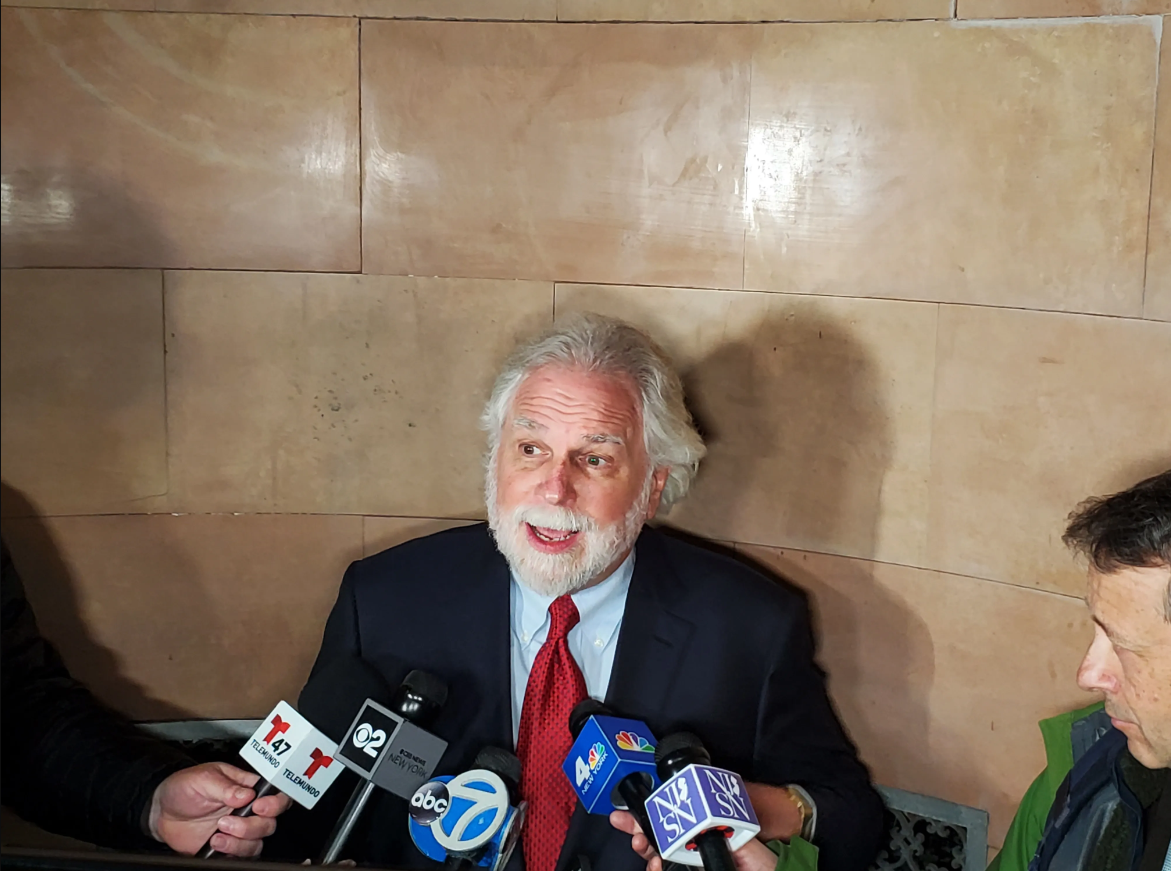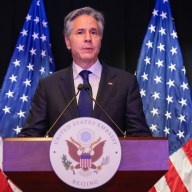New York is a city where anything goes, but according to a new report from Comptroller Scott Stringer, sex education is not one of them.
“Healthy Relationships: A Plan for Improving Health and Sexual Education in New York City Schools” found that 57 percent of city middle school students receive the state-mandated semester of health education.
Additionally, 28 percent of all middle schools, which serve grades 6 to 8, do not have an assigned health instructor, and just 7.6 percent of health teachers took part in a professional development program related to sex education within the past two years.
“We did this report to elevate the conversation about a topic that is serious and, I believe, crucial for our students — and we hope to see the needle move in the right direction in the future,” Stringer said.
The report is alarming as the number of sexually transmitted diseases among teens increased between 2015 and 2016, according to the Centers for Disease Control and Prevention. In fact, people between the ages of 15 and 24 have the highest rates of chlamydia and gonorrhea.
Stringer’s study also found that 18 percent of city high schoolers are not using contraception; the national average is 14 percent.
To combat this, Stringer is urging the Department of Education to create a “Chancellor’s Regulation that guarantees sexual health education for all middle and high school students,” he said. “It’s commonsense, it should be codified in the rules, and it should be considered part of a standard classroom education for all — not a luxury for a few.”
The Lavelle School for the Blind in the Bronx, however, is among the schools that not only offers sexual education, but debunks misconceptions that students with disabilities do not need such education or do not have the same sexual desires as non-disabled students.
“We see first-hand the significant role sex education plays in providing a safe and constructive environment for students,” Assistant Principal Deni Fraser told Metro. “Because this can sometimes be a sensitive and even taboo topic when working with a special-needs population, it may be more effective when the content is taught without even having to use the title ‘Sex Education Class.’”
Lavelle School holds discussions about sexuality, dating, appropriate social behaviors, safety and more, Fraser said, adding, “By exposing students with disabilities to information on sex ed that is developmentally appropriate, we are supporting them in life outside of school and enabling them to become more included, recognized and accepted in our society.”



















